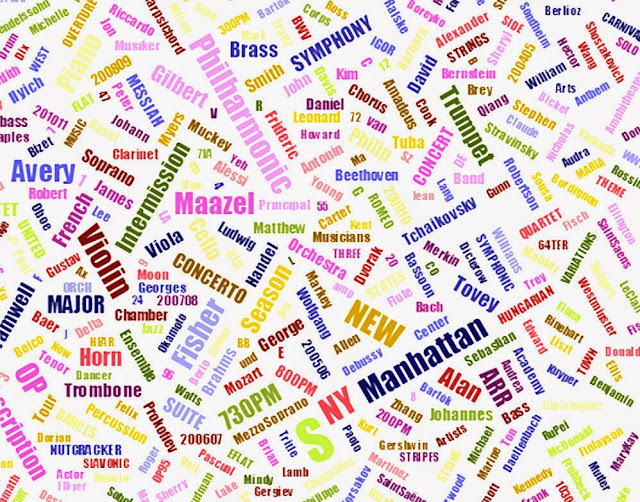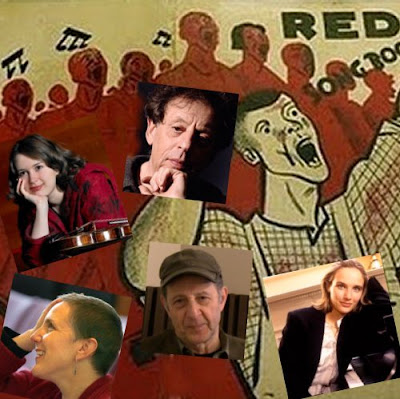Is silence the best melody?

The serialist movement of the early 20th century led by Arnold Schoenberg was one of the first concerted attempts to locate new reserves of melody. Schoenberg searched for tunes in the atonal wilderness, but he met with only limited success. Experiments in microtonal technology (initiated by the likes of Julián Carrillo and Charles Ives in the late 19th century) are ongoing, but so far they also show little prospect of producing anything approaching a memorable, repeatable tune. Others have searched further afield: Olivier Messiaen searched for melody in birdsong. But it seems that birds and humans have different ideas about what constitutes a good tune. John Cage in his infamous piece 4’33”, posed the paradoxical question “is silence actually the best melody?” But the world was not convinced, and the rate at which the rate of increase of consumption of new, audible, melody increases continued to increase unabated.Peak melody is the name of the post this extract is taken from and it originally appeared here in November 2005. The words are not mine, the thought-provoking piece was reblogged from the colourfully titled Tampon Teabag. In the past day a huge number of people have read Peak Melody due to a link from elsewhere in the blogosphere, so I thought I'd flag it up again to my other readers. This light-hearted discussion of whether contemporary music is leading us into a one dimensional soundscape reminded me of Martin Perlich's sleeve note for the Philip Glass/Ravi Shankar collabaration Passages which featured here recently:
This historic collabaration brings full circle a process which began when promising young American musician Philip Glass met Indian master Ravi Shankar in Paris in 1965 ... What the young Glass heard which lay beyond his conservatory hermecity was RHYTHM, long out of fashion in the American academic post-Webernism, with its almost exclusive concern for harmonic organisation. Indian music is basically melody, which would get you laughed at at Princeton or Columbia, and rhythm, which despite Stravinsky's efforts in works like 'Le Sacre du Printemps' or 'Les Noces,' was considered 'incidental' to constructing 12-tone rows and other serious contrapuntal matters.

As Philip Glass said, world music is the new classical.
Any copyrighted material on these pages is included as "fair use", for the purpose of study, review or critical analysis only, and will be removed at the request of copyright owner(s). Report broken links, missing images and errors to - overgrownpath at hotmail dot co dot uk










Comments
Your blog readers might be intested in watching this ( old) interview ( future of music= world music).
P. Glass. Einstein on the Beach.
Interview on Belgian Radio 3, called , Klara ( 1983) :
http://www.klara.be/cm/klara/2.1234/1.43045-componist-philip-glass-in-het-gerucht
BT
Incidentally, I think "Passages" is a beautiful album, too, but it's simply not a natural part of a contiguous tradition dating back to Mahler, Beethoven, Vivaldi, etc., to me. Maybe that's my naïvete :)
World music is important in two ways. First, as an influence on the development of western art music. Secondly, as an increasingly important genre in its own right.
I agree with you that (thankfully) western art music will not morph into world music. In fact some of the more cringe-inducing examples are the attempts to combine world and classical music in a single work. (I don't include Passages in that, but, also, don't think the Glass/Shankar collabaration is great music).
The survival of western art music is vitally important. But freezing it in a museum-like environment is not the answer. Experimentation, change, and some attrition is inevitable. In my view world music is an important agent of change in that process.